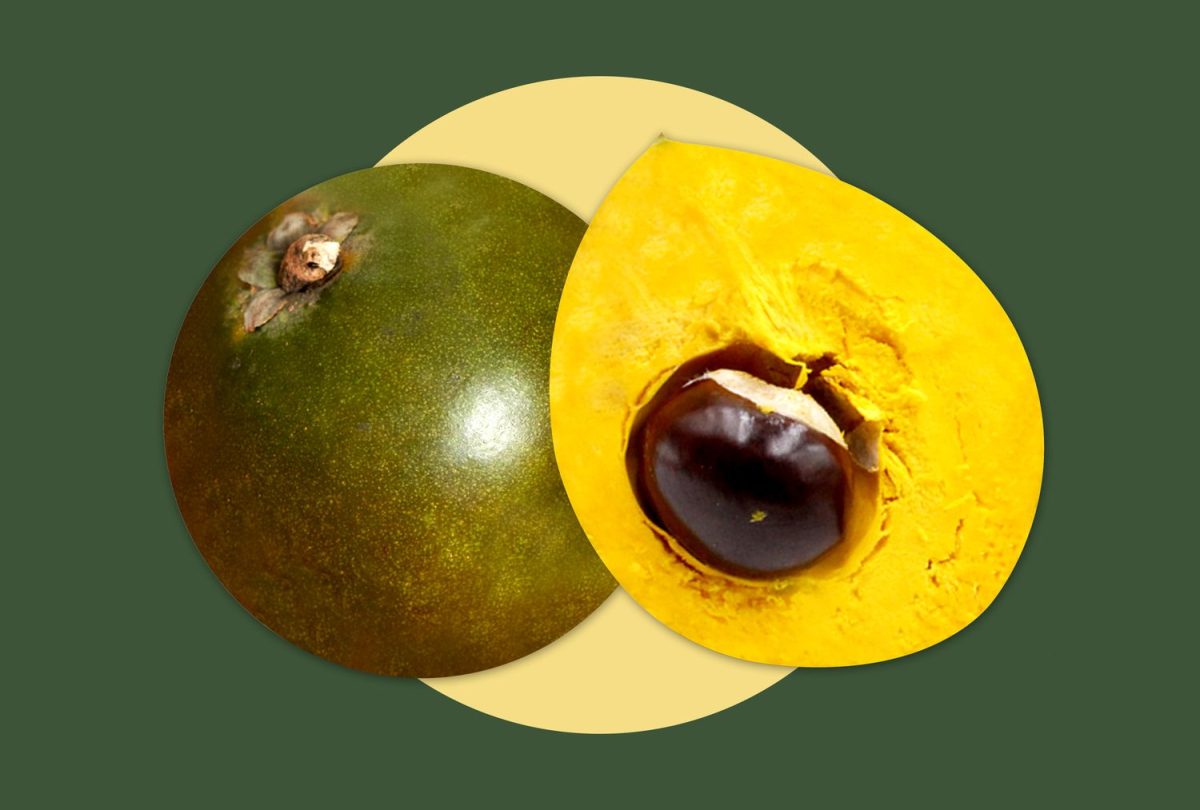Did you know that heart disease, diabetes, and certain cancers are linked to the types of food we eat? The consumption of high amounts of sugar can lead to these chronic diseases. Food manufacturers have been looking for a healthier alternative to sugar that tastes similar. A few common artificial sweeteners include stevia, monk fruit, and agave. An alternative growing in popularity is an orange, avocado-shaped fruit called lucuma.
Lucuma is a fruit that grows on the lucuma tree native to the Andean region of South America, specifically the valleys of Peru, Chile, and Ecuador. It offers various health benefits due to its rich antioxidant content, earning it the name “Gold of the Incas”. Lucuma contains several vitamins and minerals like vitamin C, which helps with immune function, vitamin B for energy metabolism, and minerals like potassium and zinc. Lucuma is also high in antioxidants like carotenoids and polyphenols, which can protect cells from damage and reduce risks of chronic disease. Today, it is used as a natural sweetener in foods and drinks.
The fruit is described as having a flavor similar to foods like caramel, sweet potato, and maple syrup. It is typically described as being oval-shaped with a hard green outer shell. On the inside, it is bright yellow and has a dry, starchy texture. Due to the fruit’s grainy texture, it isn’t eaten raw but is instead consumed in its dried and powdered form.
Lucuma can be added to anything that is usually sweetened. For example, smoothies, ice cream, yogurt, oatmeal, coffee, tea, and baked goods like cakes and muffins. It can also be blended into nut milks or added to acai bowls, energy bars, and protein bars. It’s also a good substitute for brown sugar when baking, using a 2:1 ratio, meaning 2 cups of lucuma powder for every 1 cup of brown sugar.
In addition to being a sweet sugar substitute, lucuma also has many reported health benefits like supporting eye and skin health, regulating blood sugar levels, helping to decrease bodily inflammation, and promoting heart health. Lucuma gets its yellow color due to xanthophylls, which is said to promote eye health. The antioxidants and nutrients contribute to younger and healthier looking skin. Due to the fruit’s high fiber content and its low glycemic index, it may lead to a slower and more gradual rise in blood sugar compared to other sweeteners. Lucuma offers anti-inflammatory benefits and helps maintain heart health due to its high content of polyphenols and carotenoids.
Ultimately, we can improve our overall health and decrease chronic diseases by switching to alternative sweeteners. Lucuma, a growing alternative, shows promise not only because of its sweet taste but because of the numerous health benefits it provides.
Sources:
1: Why This Artificial Sweetener May Be the Smartest Sugar Swap Yet























